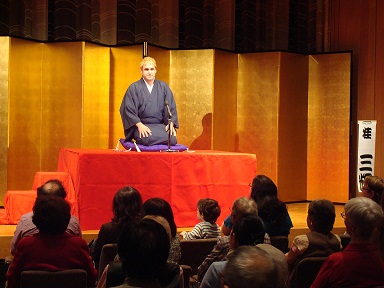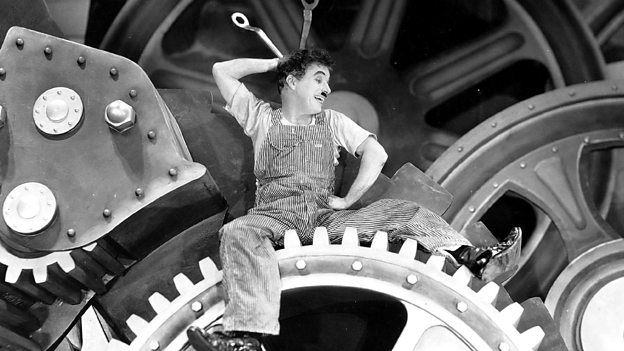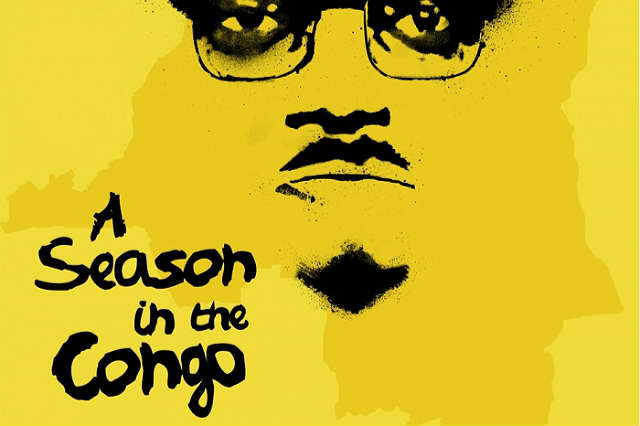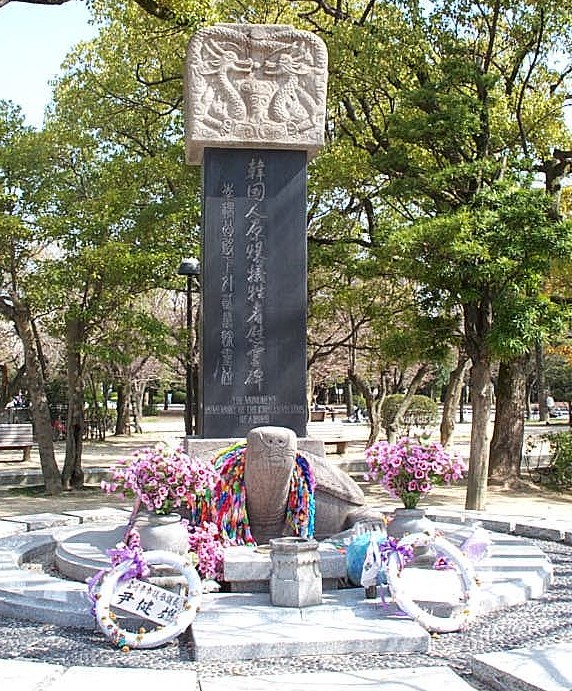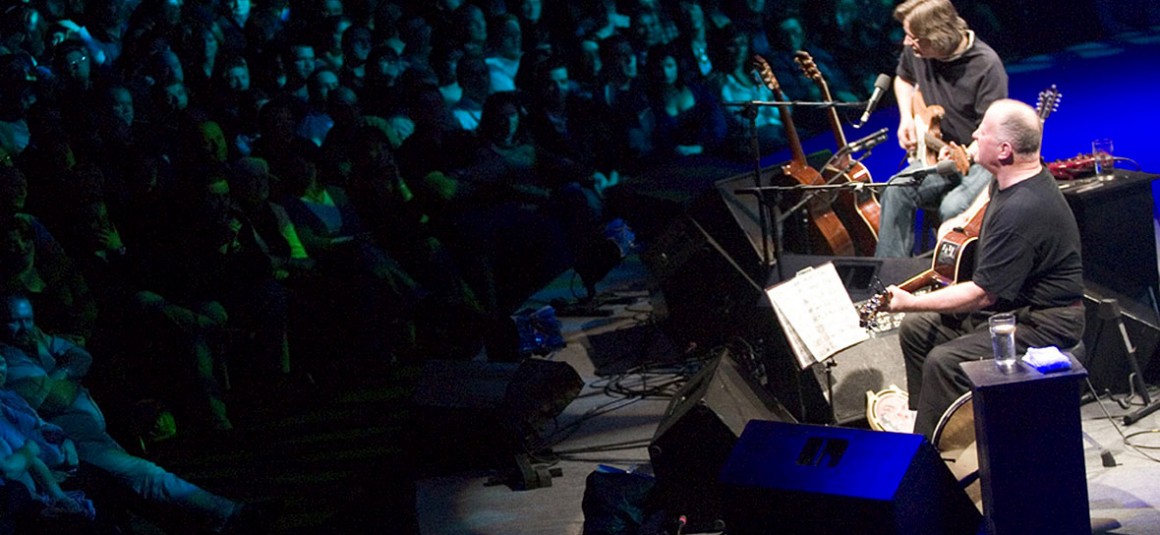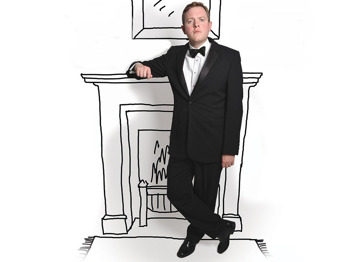The recent referendum on independence in Scotland has focused attention on the question of secession and sovereignty in other places , there are more than 60 Secessionist movements with the EU alone at this time.
The title "Secession" had been chosen by Prof. Brian Girvan over Independence or Self-determination as the term "Secession" is recognised by International Law whilst Independence or Self-determination are not.
Dr.Tom Lundberg , Brian Girvan and guests , it has to be said , came across on this occasion as the worst kind of Academics , self-absorbed Pub bores pontificating in a dry county.But there was some information and insights worth relating.
In the case of Belgium we have an example of how far Devolution can go without full Independent Statehood in the separation of Wallonia and Flanders , there is almost no interlap between the two communities where even the Socialist and Trade Union Movements are split by language and region.Flanders has a budget larger than the Belgian State.This is all possible because Secession can be achieved under the umbrella of the EU without the need for Wars from old style States.The EU also deserves credit for taking out the military component to the once deadly State issues of the Northern Ireland , Basque and some Regional Italian tensions which no national Parliaments in London,Madrid or Rome could ever have resolved without EU regulations giving the individual rights to non-discrimination and equality which have made the Eurozone into a region of rights for all rather than patronage of highly centralised National Governments which , in the case of the Major Government in the UK with the Ulster Unionists holding the balance of power, relied on entrenched reactionary local parties that would not allow equality legislation encroach of their historical positions of power.
Santiago Pérez-Nievas explained the historical issues concerning the Catalonia attempt to hold a referendum.Historically Spain has always been weak in terms of national cohesion for many centuries.The idea of a centrally governed Iberia has never set in any great force , even less so than a unified Italy.Spain has a history of connections and alliances , always fluid, of Kingdoms and Cantons .20% of todays Spain does not have Castilian as a national language.Institutional development of Spain as national State has been haphazard between the centre ( sometimes not even the richest , or institutionally most developed , province of Spain) has had to respect the older , sometimes more established ,Kingdom states of Catalonia,Aragon, Basque and Andalusia .
Even when Spain had the first central parliament , The Basque National Party ( as the name implies it was not a pan-Iberian party )was the second oldest political party in Spain providing the first elected officials in 1910.Even the Spanish nationalist parties were basically trying to create a Central Northern Plain domination of executive decision making from traditional Royalist heartlands from Madrid.
Catalonia before the civil war was a highly developed self-sustained State which even had imperial interests in Cuba and the Spanish Caribbean.Having gone through an Industrial revolution and many local banking and credit interests able to fund its own development.
Francos dictatorship has to be seen as a Castilian Spanish Nationalist movement which was all about complete centralisation of all power , as well as culture , denying the regions even the right to their own language and ancient patron saints , yet alone political or economic power.Even now the call for autonomy or independence is seen as an attack on the very concept of Spain in the elite power circles of Madrid.This is why every legal and constitutional objection is being raised to prevent a break-away referendum.
Under Zapatero , the PSOE passed legislation in 2008 setting limits to integration , and conversely the ceiling to devolvement for Catalonia from Spanish rule.This meant the Rajoy Government could use constitutional arguments to limit the level of devolvement as well as restrict calls from the Catalan parties for a binding poll on Independence , a position which was backed by the ruling on the Spanish Constitutional Court nullifying the proposed November 9th referendum.
Despite this set back the 2nd generation of post Franco Catalan youngsters is growing.The Catalan Education system , which was allowed to officially use the language , as well as the National TV is locally based , giving a strong case for the pro-Independence movement which is unlikely to be lessened by the current stand-off between the secessionists and the centre creating a more hardline approach by both parties.
In the case of Scotland the real victory was when Cameron posed the West Lothian Question from the English point of view , which is the only real way Scotland can get Independence from London Control, which is if the Scots want more powers and accountability from elected officials closer to home then why should Scots we able to vote on English only matters in Westminster.A move which Conservatives , quite rightly , believe will mean Labour are in opposition for many years if not a generation because they cant have the 40-plus MPs which swing the balance of losing an Election in England to winning an Election in the UK.
It looks like New Labour could face wipe-out in Scotland as well as a backlash in England because of their conservative stance which the electorate of both Scotland and England believe was a betrayal of each other for the lust of temporal power , in Scotland because their stance could mean another long spell of government in London by parties not voted for by the Scottish Electorate and in England for allowing Scots to vote for policies that directly effect England even the MPs are not English.It is a fate New Labour entirely deserve for standing shoulder to shoulder with the BNP,UKIP,Orange Order and the Conservatives to deny Scotland an historic opportunity to control their own affairs from Home rather being locked into a London-Centric cycle in which the Regions are the last to feel impacts
of a boom and the first to taste recession in policies geared to look
after London interests at the expense of the Regions.
